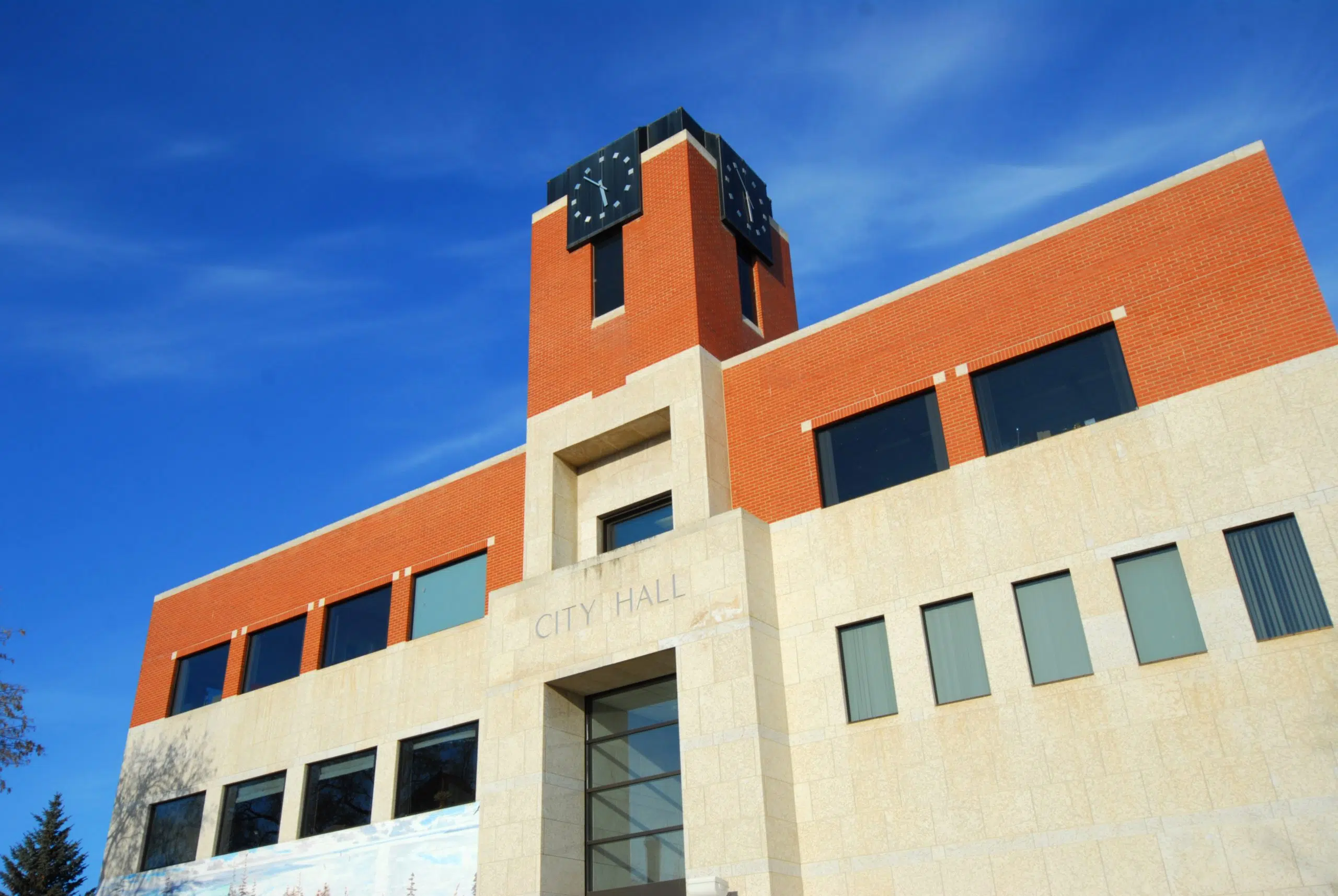
Chamber seeks ‘equitable and competitive’ tax policy
The Prince Albert and District Chamber of Commerce plans to release its final recommendations regarding the city’s tax policy this fall, but it is already calling for a more “equitable and competitive” policy.
CEO Merle Lacert said in a statement that the chamber has received many “insights” from its members which will shape its recommendations to the city.
In recent weeks, business owners in Prince Albert have been receiving their tax bills, and a number of commercial taxpayers have seen their bills triple in 2013.
“The actual increases that have resulted, have definitely caught a bulk of the business owners by surprise, so they definitely did not anticipate increases of this nature,” Lacert said Friday.


